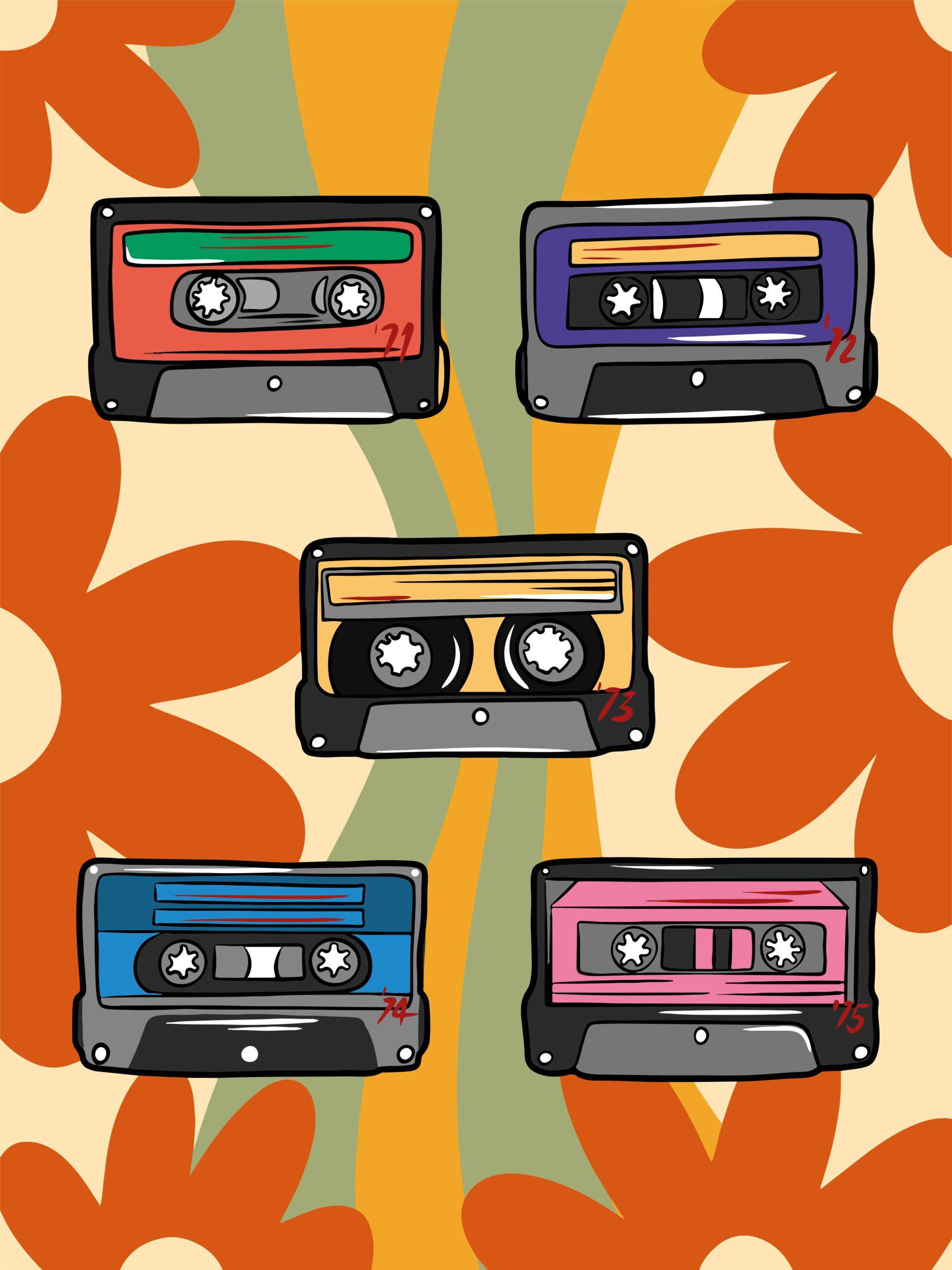 AI Music
AI Music Why People Will Still Buy AI Music Even When They Can Generate It Themselves
In an era where AI music can be generated by individuals, there will still be a definite demand for purchasing AI-genera...
 AI Music
AI Music  AI Music
AI Music  Suno
Suno  Suno
Suno  Beatmaking
Beatmaking  Music Diary
Music Diary  AI Music
AI Music  AI Music
AI Music  Beat Marketing
Beat Marketing  Suno
Suno